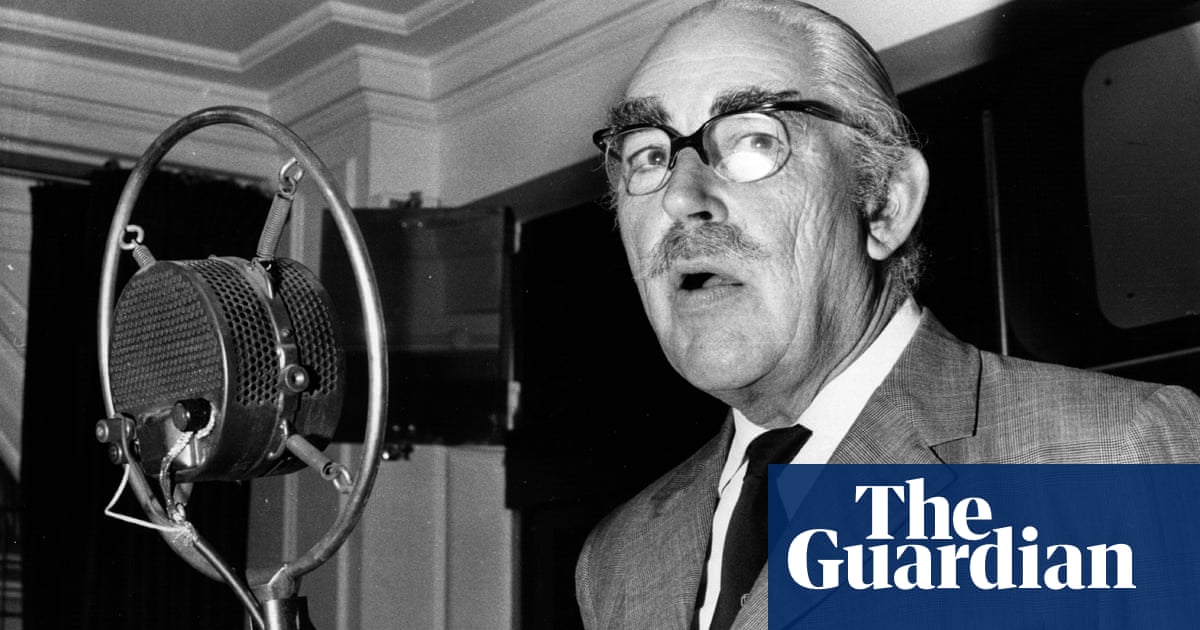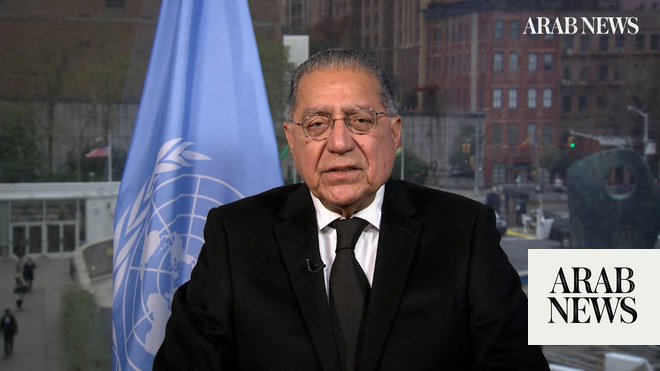
Name: The king’s English.
Age: The first citation dates back to 1553.
Appearance: Fast vanishing.
What is? The king’s English.
Is he now? Sorry?
For what? Goodness. Shall we start again?
Yes, and please choose your words more carefully this time. I was just saying that the king’s English – English as spoken in court, also known as received pronunciation (RP) or proper English – is disappearing.
No wonder we’re having trouble communicating. Meanwhile, cockney – the classic accent of east London’s working class – is also fading away.
What do we all speak now? Portuguese? Take your choice. The traditional accents of London and the south-east of England have evolved into three distinct strains: standard southern British English (SSBE), estuary English (EE) and multicultural London English (MLE).
Which is best? That depends on your background, but the distinctions between the three are much less stark than the contrast between RP and cockney.
Says who? A new study from the University of Essex, which analysed the speech patterns of 200 participants. About 26% spoke EE, half spoke SSBE and the rest spoke MLE.
What are the differences? It’s to do with certain pronunciations. Both EE and SSBE feature glottal stops – unvoiced Ts – but in EE it can happen in the middle of words – eg “wa’er for “water” – whereas in SSBE it happens only at the end of words.
I don’t get it. Perhaps it’s easier to use celebrity examples.
Ooh, yes please. Adele and Jay Blades speak EE; SSBE is Ellie Goulding and Prince Harry; MLE means talking like Stormzy or the Arsenal winger Bukayo Saka.
It’s difficult to know where I fit into all this. Sex and ethnicity play a part. Black and Asian British individuals were more likely to speak MLE. White males were evenly split between the SSBE and EE categories, but women were more likely to fall into SSBE. Does that help?
Not really. I’m still not sure where I belong. Geography also plays a role. Where were you born?
Dundee. I see your problem.
Does no one in the south-east speak the king’s English any more? It’s pretty much just the king at this point.
What can we do to fight this accentual drift? Nothing at all. “Attempting to prevent accents from changing is like sweeping back an incoming tide with a broom,” said Dr Amanda Cole, the study’s lead researcher. “Instead, we should embrace linguistic diversity.”
Do say: “Awright, your majesty?”
Don’t say: “I remember when everyone around here spoke like Dick Van Dyke.”












